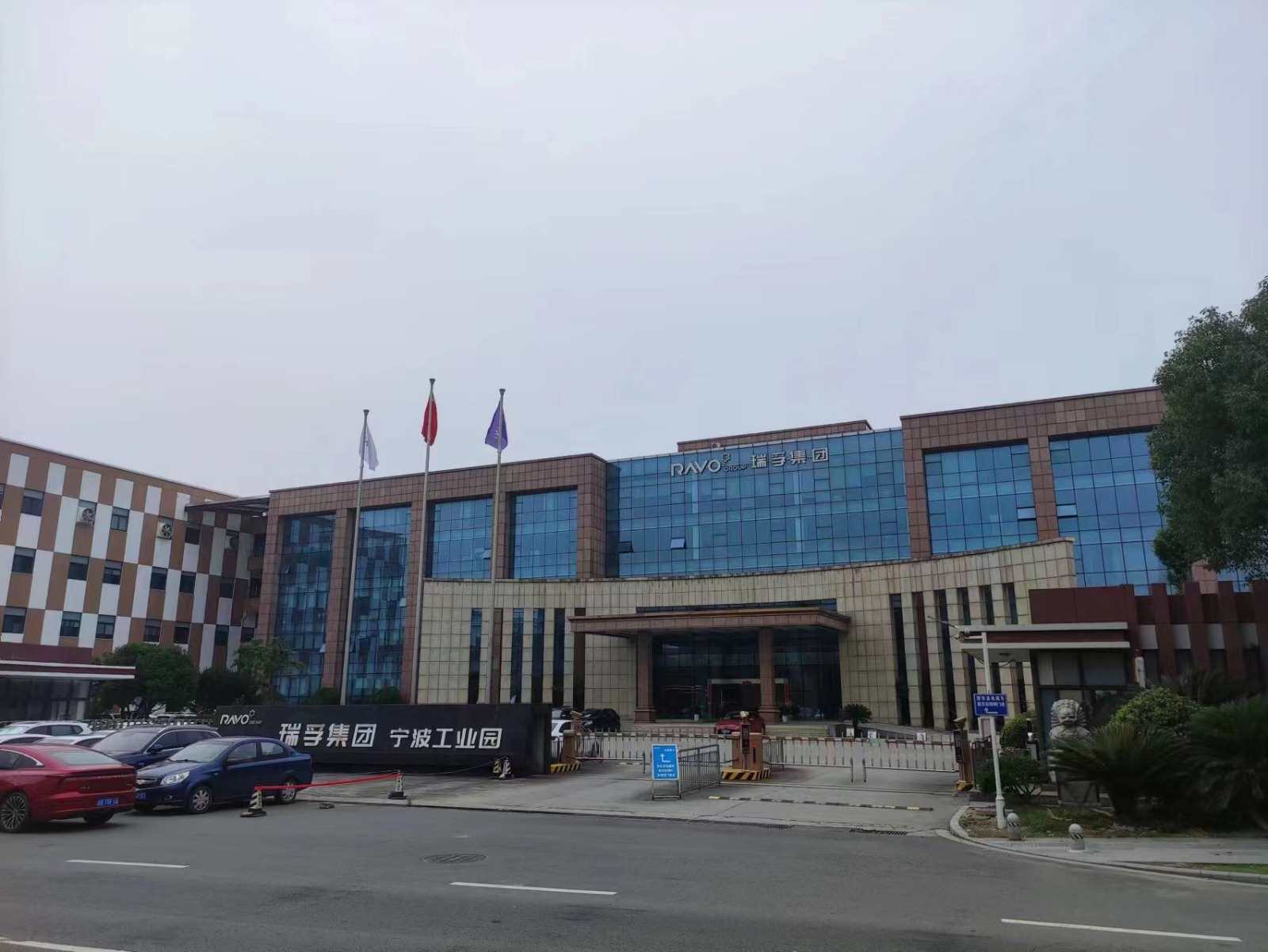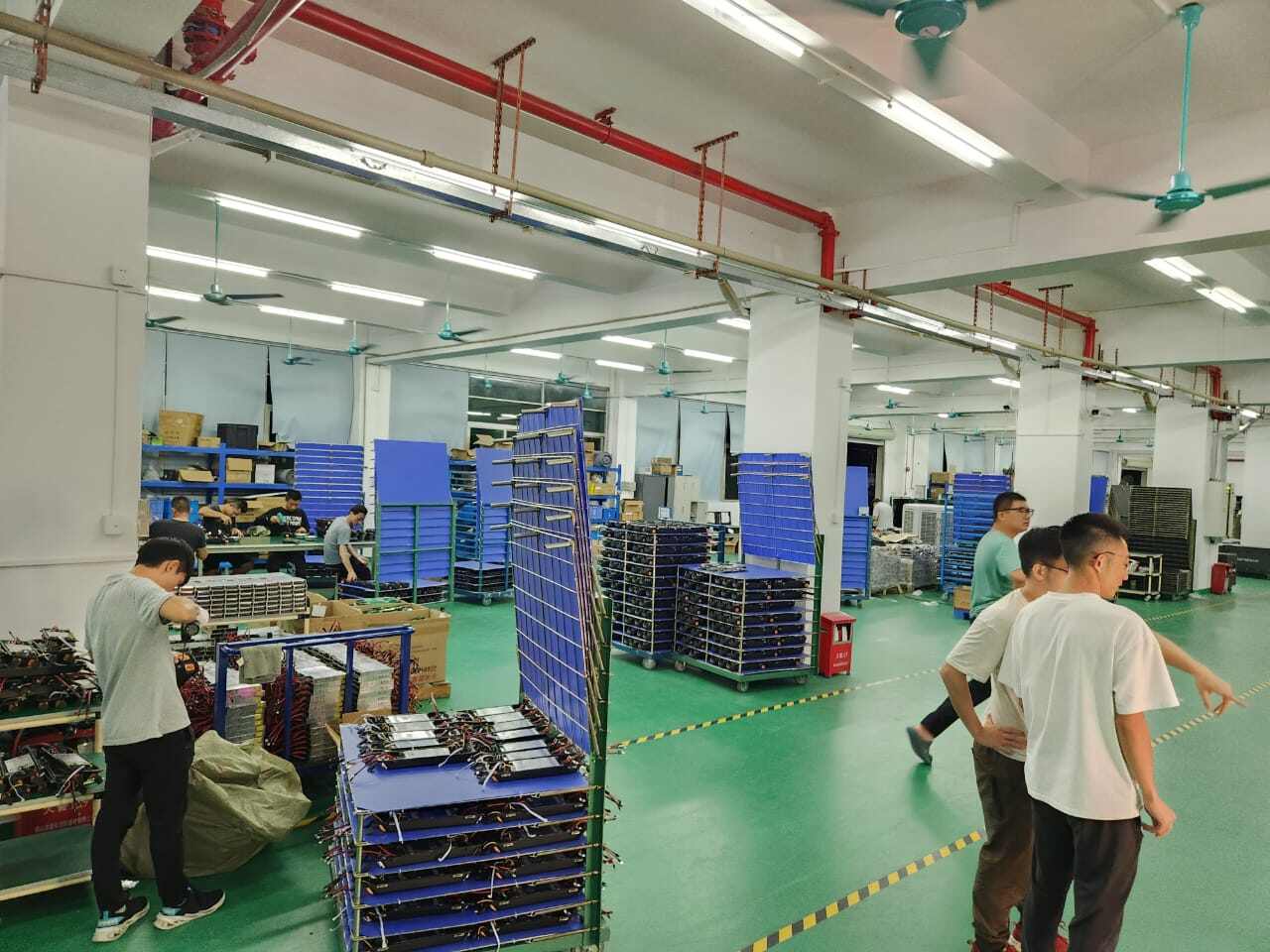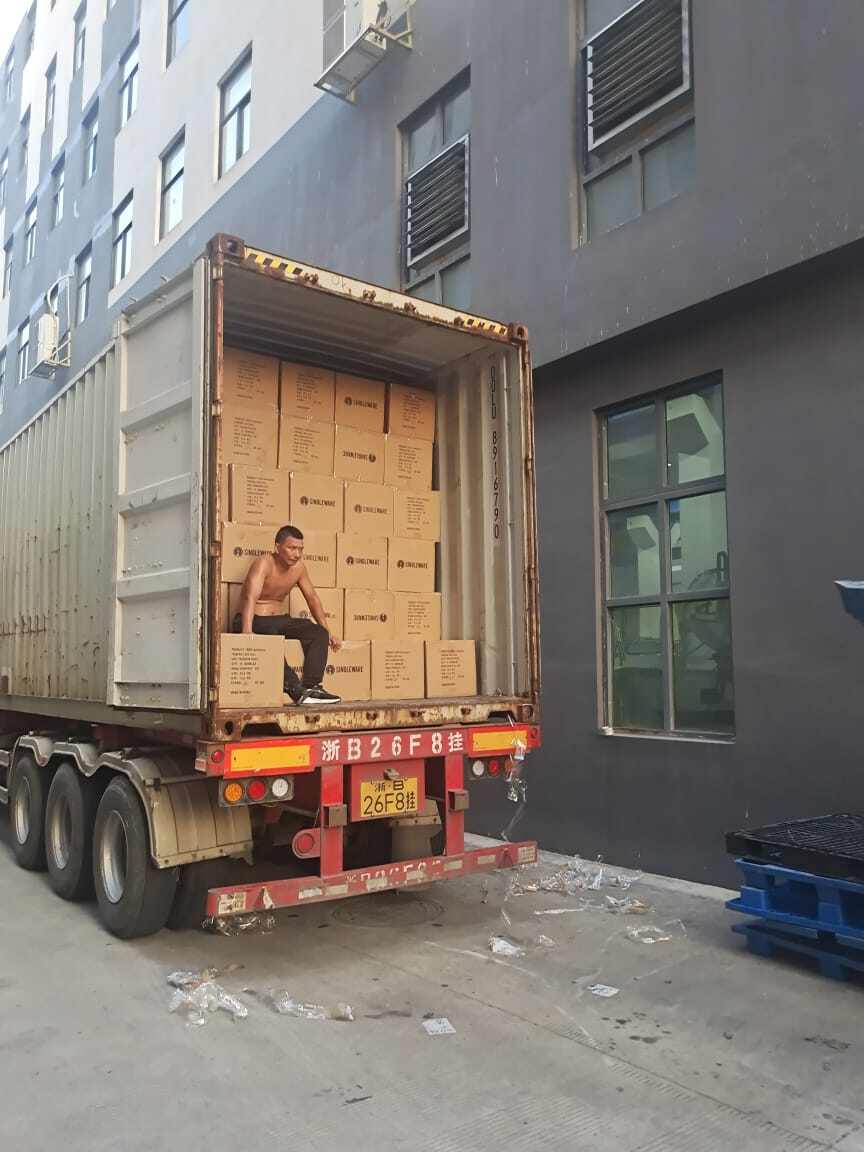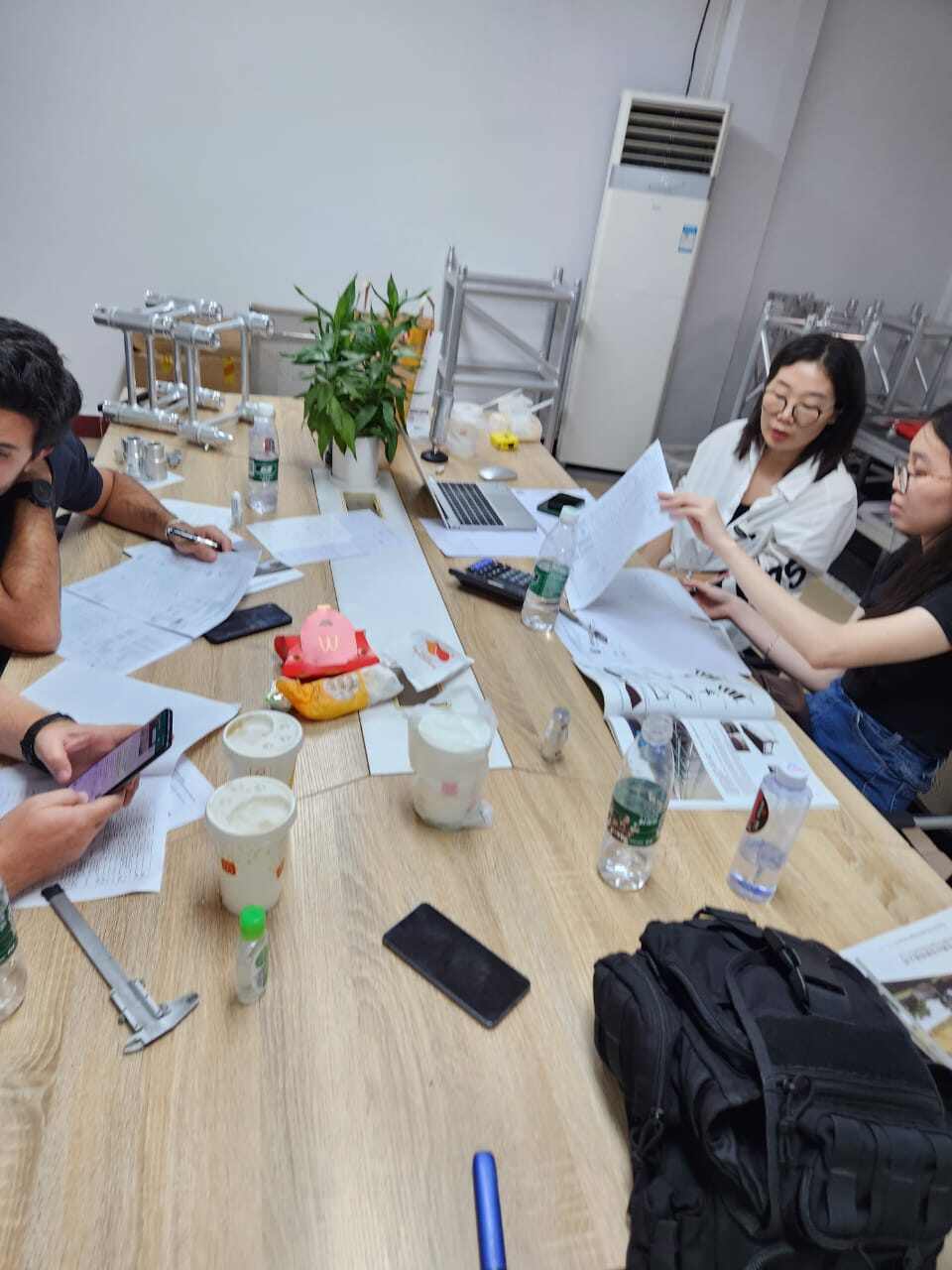The Middleman’s Last Trick: Pretending They’re the Factory as You Try to Leave
You’ve worked with your Chinese supplier for years.
They reply fast. Prices are “okay.” You’ve gotten used to the rhythm.
But now, with tariffs rising and new manufacturing hubs opening up across Asia, you’re finally doing what you’ve talked about for years:
Diversifying. Leaving. Testing alternatives.
Then suddenly, things change.
Your supplier gets vague.
They delay your documents.
They push back on tooling transfers.
They warn you that “the other factories won’t be as reliable.”
And that’s when it hits you:
You were never working with the factory at all. You were working with a middleman.
And now that you’re trying to leave, they’re pulling every trick in the book to slow you down—or trap you altogether.
At China Agent Ltd, we’ve helped dozens of clients navigate this exact moment.
Here’s what you need to know—and how to regain control before it’s too late.
The Final Mask Comes Off When You Try to Leave
Most middlemen are experts at playing the role of “factory boss.”
They’ve got a Chinese domain email.
They send you videos from the workshop.
They respond late at night to show dedication.
They say “we” when talking about capacity and QC.
But when you decide to:
- Ask for ownership of tooling
- Move your molds
- Audit the factory directly
- Negotiate with a backup supplier
- Request local contracts or visit unannounced
They stall.
They make excuses.
They warn you of fake factories.
They insist your IP isn’t safe elsewhere.
They even threaten to raise prices or delay your next shipment.
Why?
Because they were never the factory—and they don’t want you to find out.
The Hidden Costs of Staying Trapped
You might think: “We’ve made it work this long—why rock the boat?”
Here’s why:
💸 You’re paying 10–30% more than the factory’s actual price
🤐 You don’t control your supply chain or product quality
🧱 You have no direct relationship with the people making your product
🚫 You don’t own your molds, tooling, or BOM documentation
⚠️ Your entire business is vulnerable to one person going silent
How to Know You’re Stuck With a Middleman
Even if they seem cooperative, here are the warning signs:
🚩 You’ve never seen a business license or visited the site
🚩 They resist letting your QC team in without “notice”
🚩 You’ve never met an actual engineer or factory floor manager
🚩 All pricing questions are vague—“that depends” or “market changes”
🚩 Contracts are signed under a different company name (if at all)
🚩 They control the molds, tooling, or even product naming
How China Agent Helps You Take Back Control
At this stage, timing and precision matter. You need a local team to separate you from the middleman without blowing up your supply chain.
Here’s what we do:
✅ Factory Identity & Ownership Check
We investigate the real factory name, location, and ownership behind your current supplier.
We pull business licenses, registration records, and operational photos—not just what’s sent to you.
✅ Silent Factory Visit & Verification
We send someone unannounced to the listed production site.
We verify:
- Whether your product is actually made there
- What else they’re producing
- Whether your tooling is on site
- What the relationship is between the trader and the workshop
✅ Tooling & BOM Extraction Strategy
If your middleman controls your molds, designs, or technical docs, we help:
- Identify what you legally own
- Negotiate release or replication
- Transfer production without damaging your timeline
✅ Direct Factory Reconnection
Once identified, we open a direct channel with the real factory (when appropriate)—to renegotiate pricing, take over production, or set up a transition plan.
If the real factory isn’t the right fit, we source and vet a replacement supplier under your full control.
✅ Legal Restructuring
We draft or update contracts with:
- Proper supplier names
- Ownership of IP, molds, designs
- Clear delivery, quality, and penalty clauses
- Jurisdiction in China to ensure enforcement
Middlemen Thrive in the Shadows. We Bring Light.
If your supplier is resisting transparency, stalling your transition, or hiding critical information—they’re not your partner. They’re your gatekeeper.




